The Chinese embassy in the Philippines criticized the U.S. for voicing further restrictions on chip exports to China on Thursday, saying the act violates market norms and disrupts global supply chains.
The implementation of semiconductor export restrictions by U.S. not only contravenes the most-favored-nation treatment principle outlined in Article 1 of the General Agreement on Tariffs and Trade, and the provisions of the WTO Agreement on Technical Barriers to Trade, but also goes against market laws, disrupts normal trade order, impacts the international production and supply chain stability, and constitutes blatant economic bullying, a spokesperson of the Chinese embassy in the Philippines said on Thursday.
The U.S. justifies restricting chip exports to China on the grounds of "national security," but those measures overstretch the scope of national security, obstruct trade of civilian-use chips, the spokesperson said.
The criticism comes in the wake of a visit by a U.S. delegation to the Philippines, led by the U.S. Commerce Secretary Gina Raimondo, during which, “security issues were prominently discussed over pragmatic cooperation between the Philippines and the U.S.,” the spokesperson said, accusing the U.S. of coaxing and misleading allies into opposing China's technological progress, questioning the sincerity of the U.S. in addressing the Philippines' development challenges.
China urges the U.S. to cease politicizing and weaponising economic, trade, and technological issues, and discourages its allies from decoupling and disrupting supply chains with China. China has vowed to take necessary measures to protect its legitimate rights and interests, said the spokesperson.
During her visit, Raimondo announced more than $1 billion in investments by American companies in the Philippines, while saying that the U.S. "will do whatever it takes" to limit China's technological capabilities, Bloomberg reported on Monday.











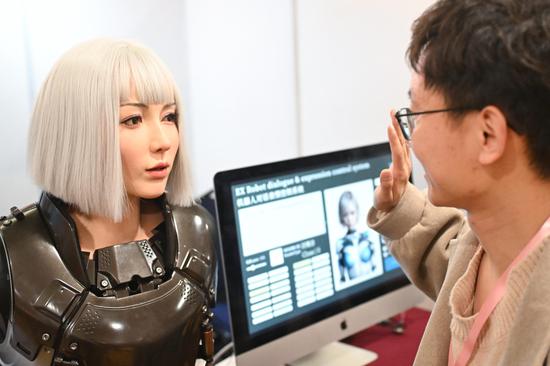

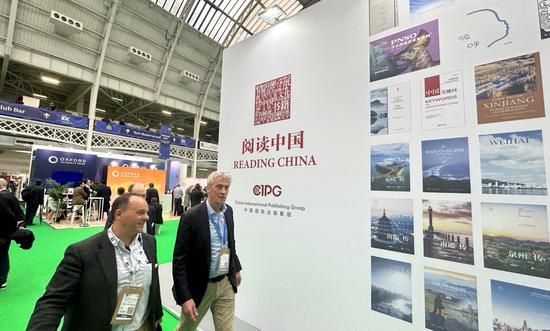







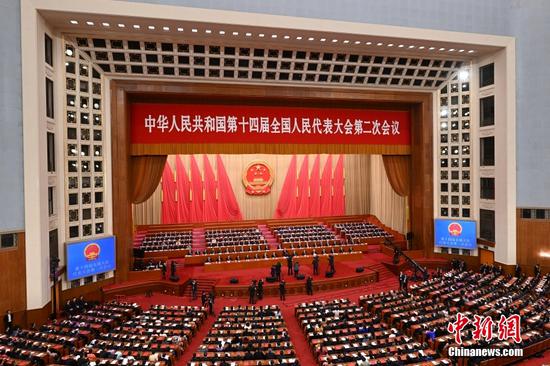

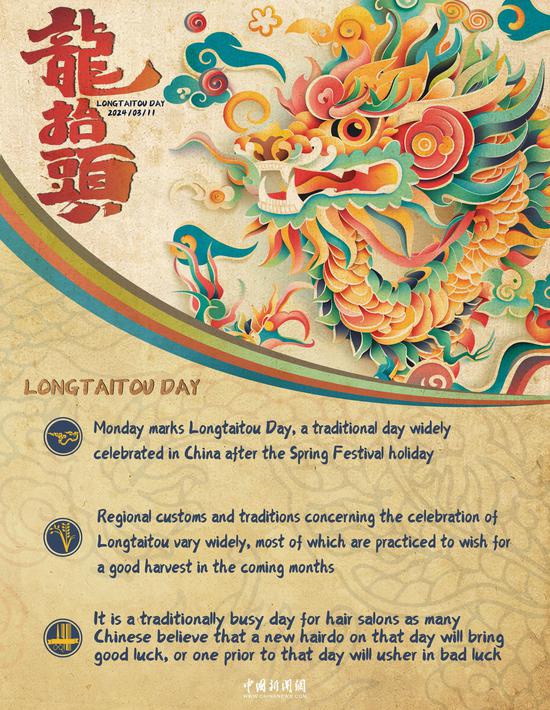

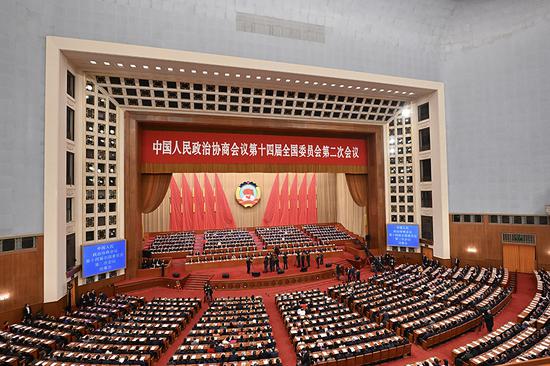
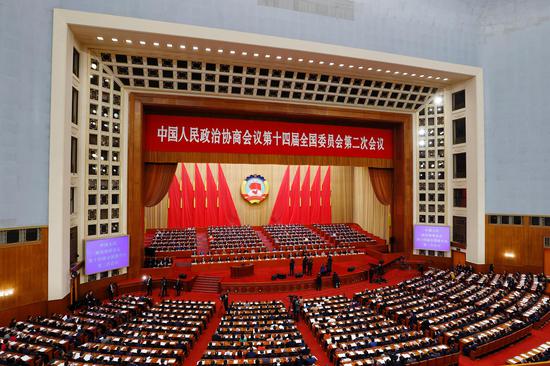

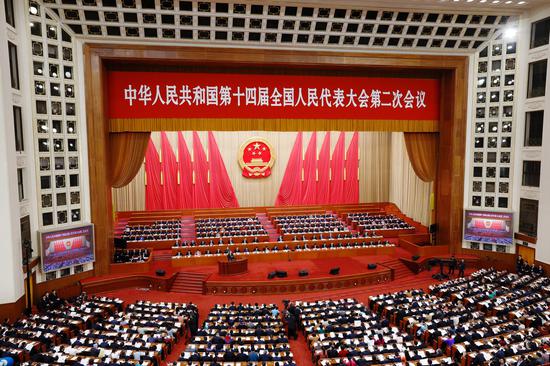
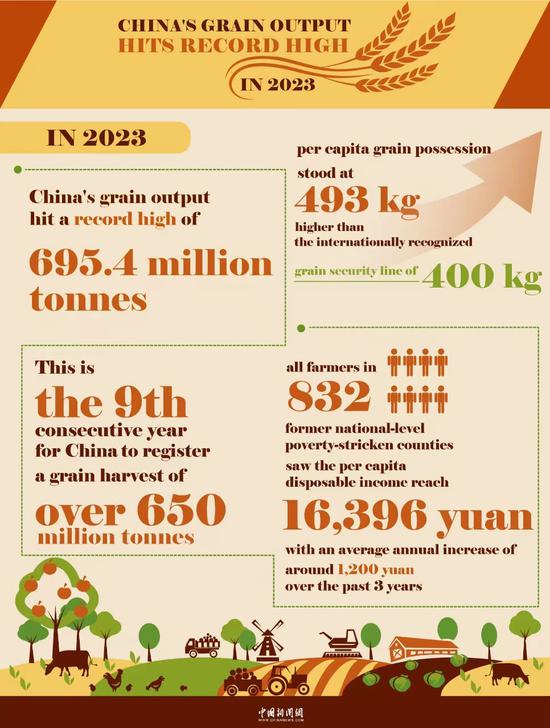
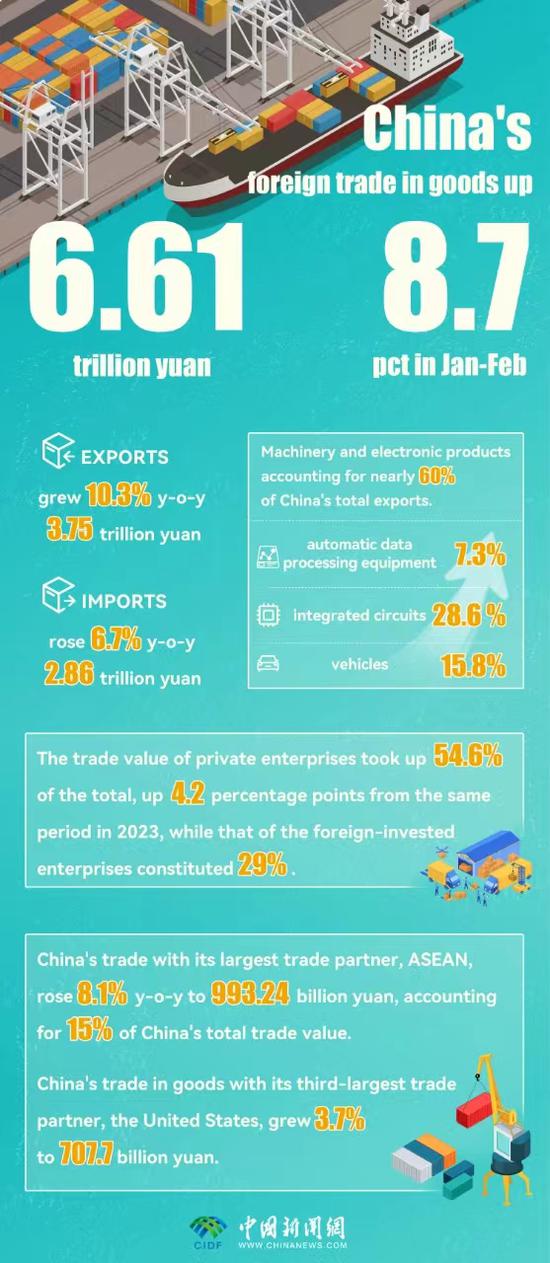
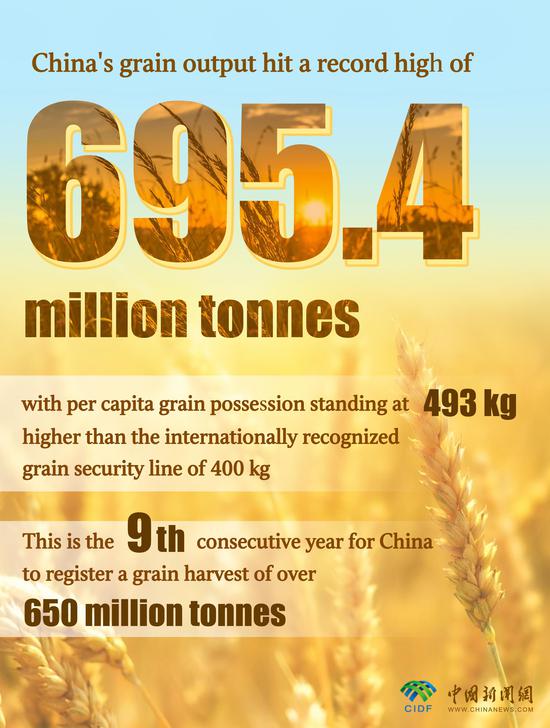
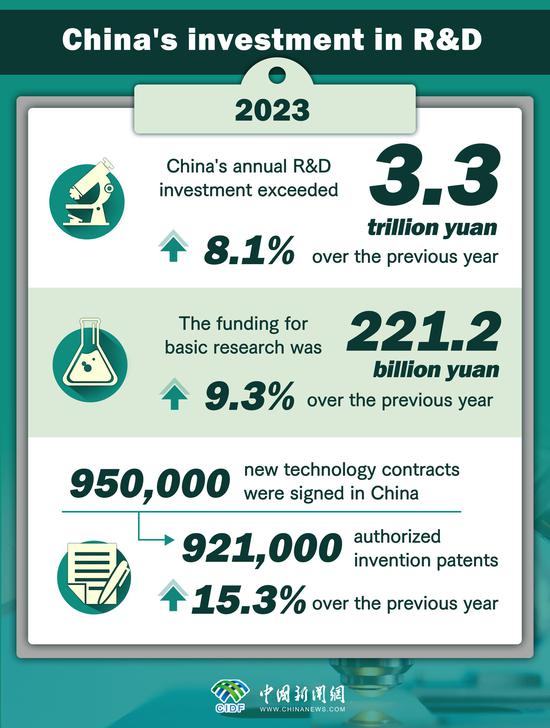

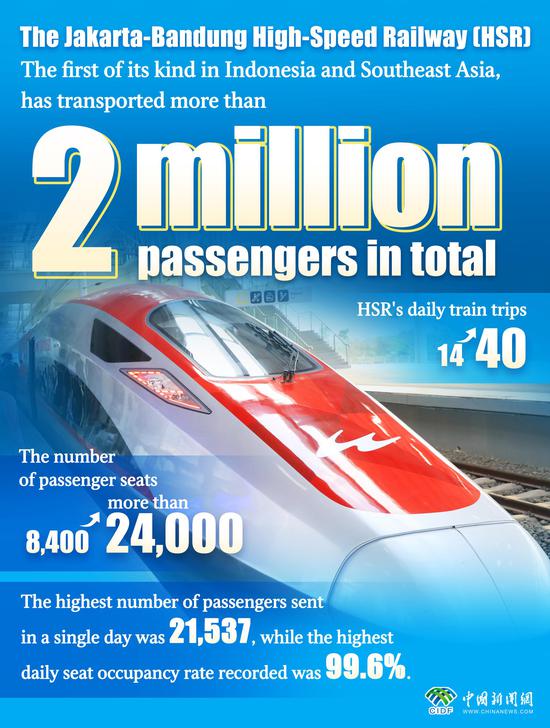



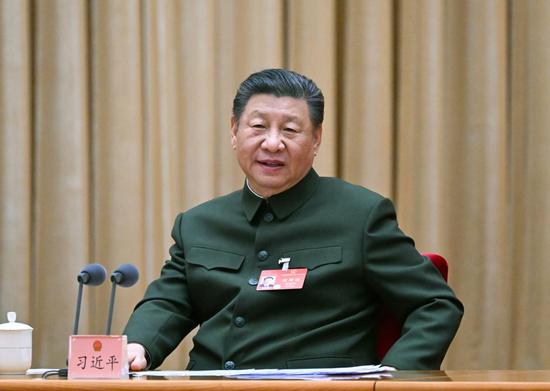


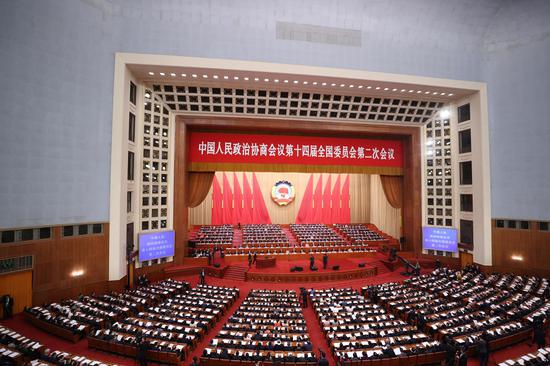
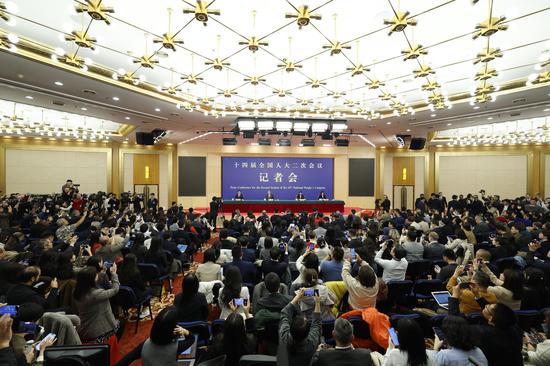

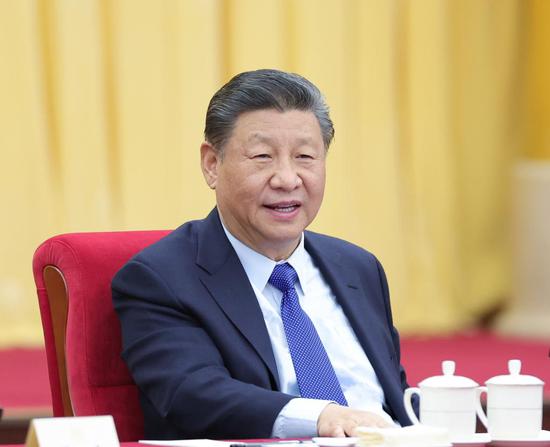





 京公网安备 11010202009201号
京公网安备 11010202009201号